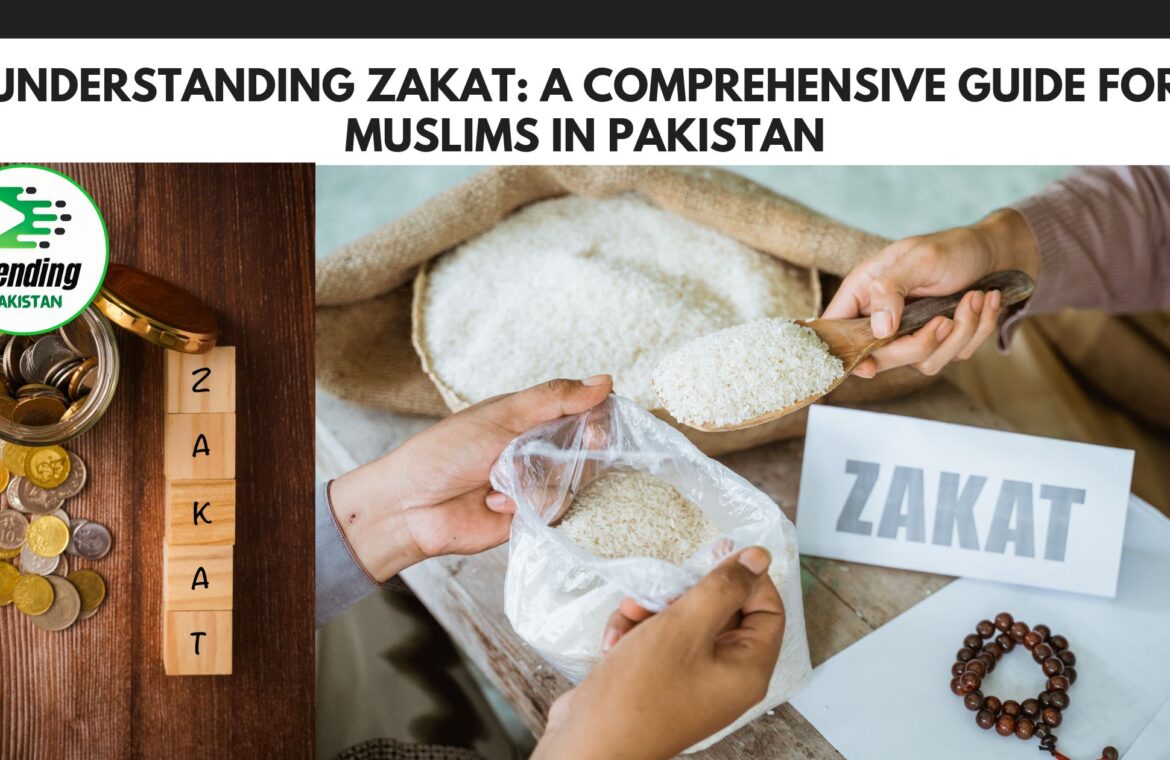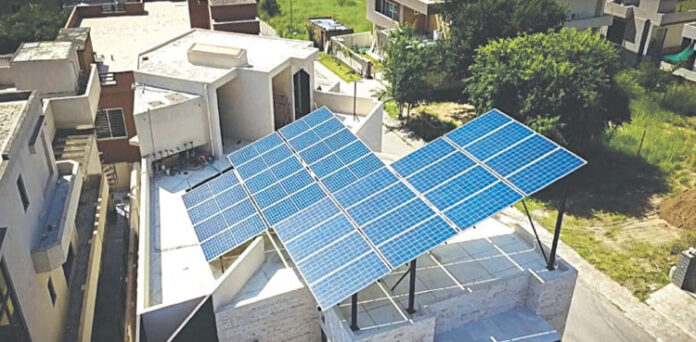Zakat, one of the Five Pillars of Islam, holds immense significance for Muslims worldwide. Derived from the Arabic root “Zaka,” meaning purification and growth, Zakat represents the act of giving a portion of one’s wealth to those in need. In Pakistan, where Islam is the predominant religion, Zakat plays a vital role in shaping social welfare and economic justice. However, many Muslims often find themselves perplexed about how to calculate Zakat accurately. This comprehensive guide aims to demystify Zakat for individuals in Pakistan, providing clarity on its principles, calculations, and distribution.
Understanding the Concept of Zakat:
Zakat is a mandatory act of worship enjoined upon every adult Muslim who possesses wealth above a certain threshold known as Nisab. The primary objective of Zakat is to purify one’s wealth and ensure its equitable distribution among the less fortunate members of society. It serves as a means of social solidarity and economic empowerment, fostering compassion and empathy within the community.
Calculating Zakat:
- Determining Nisab:
- Nisab refers to the minimum amount of wealth a Muslim must possess before Zakat becomes obligatory.
- In Pakistan, Nisab is typically calculated based on the value of silver or gold.
- As of [current year], the Nisab value for silver is [current value] PKR, while for gold, it is [current value] PKR.
- Identifying Zakatable Assets:
- Zakat is applicable to various forms of wealth, including savings, investments, gold, silver, business inventory, and agricultural produce.
- Non-Zakatable assets include personal residences, clothing, household items, and tools of trade necessary for livelihood.
- Calculating Zakatable Assets:
- Determine the total value of Zakatable assets owned by deducting any outstanding debts and expenses.
- Include cash, bank balances, stocks, bonds, rental income, and the value of gold and silver jewellery exceeding personal usage.
- Calculating Zakat Obligation:
- The standard Zakat rate is 2.5% (1/40th) of the total Zakatable assets.
- Multiply the total Zakatable assets by 0.025 to ascertain the Zakat liability.
- Additional Considerations:
- Zakat should be calculated annually based on the Islamic lunar calendar.
- It is advisable to seek guidance from knowledgeable scholars or use Zakat calculators for accurate computations.
Distribution of Zakat:
In Islam, Zakat funds are allocated to specific categories of recipients, as outlined in the Quran:
- The Poor (Fuqara): Those who lack the means to meet their basic needs.
- The Needy (Masakin): Individuals experiencing financial hardship.
- Zakat Administrators: Those entrusted with the collection and distribution of Zakat funds.
- Those In Debt (Gharimin): Individuals burdened by debt incurred for essential purposes.
- Wayfarers (Ibn Sabil): Travelers or migrants in need of assistance.
- Those Striving in the Path of Allah (Fi Sabilillah): Individuals engaged in charitable and educational endeavors for the betterment of society.
In Pakistan, Zakat is typically collected and distributed through government-run institutions, charitable organizations, and mosques. Donors have the option to designate specific categories for their Zakat contributions, ensuring transparency and accountability in the distribution process.
Conclusion About Zakat:
Zakat embodies the spirit of compassion, generosity, and social justice in Islam. By fulfilling their Zakat obligations, Muslims in Pakistan contribute to the welfare and upliftment of their fellow citizens, thereby strengthening the bonds of community and fostering equitable socioeconomic development. May this guide serve as a valuable resource for individuals seeking to fulfill this fundamental pillar of their faith with understanding and sincerity.
Topics #featured #Muslims in Pakistan #Pakistan #trending pakistan #Zakat





